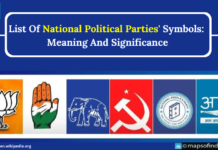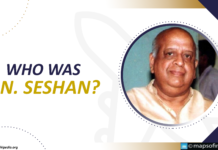Mid-nineteenth century Bengal saw a flurry of debate and activism around the question of women’s emancipation. I have already mentioned the work of Raja Ram Mohun Roy. There was also the incomparable contributive stance of Ishwar Chandra Vidyasagar as well as the active participation in social upliftment of the Brahmo Samaj. This was a period of vociferous discussion about things like sati, widow remarriage, female education and the question of women’s emancipation in general from both men and women activists and thinkers.
By the turn of the century, however, all these questions vanished from public debate. What concerned public thinkers was only questions that were overtly political: the cause of the nation, for instance. If the Bengal Renaissance as its called was a period of “modernisation”, was the disappearance of these debates and social issues in question a fall into some sort of retrogression?
While this idea of retrogression has been suggested, a more plausible argument also seems to be available. This has been developed by studying the period in question through the perspective of the debates that did dominate at the time. These were related mostly to the cause of the nation, the struggle for freedom in what is known as a period of Indian nationalism.
So how was then the constant demand for women’s emancipation reconciled in a period that focused instead on the question of a then abstract notion of India as a free state? This was done by dividing these interests into the domain of the inner and outer politics. The ‘home’ versus the ‘world’. The questions of nationalism, revivalism, etc were outer politics, things of the world, while the “women’s question was ghar ki baat – a thing of the home. This was the resolution to the question of female emancipation offered and accepted by the male domain of the nationalists. As cultural critic Partha Chatterjee observes, nationalists located the question of female emancipation in “an inner domain of sovereignty, far removed from the arena of political contest with the colonial state.”
This division between the home and the world was how the nationalists thus removed the question of women from outwardly public debate and situated these as not outwardly political questions, making their focus instead, the overthrow of colonial power.



